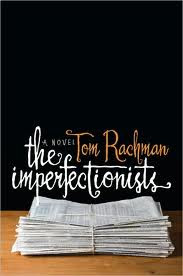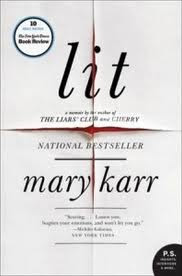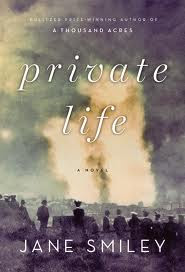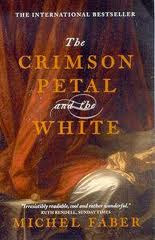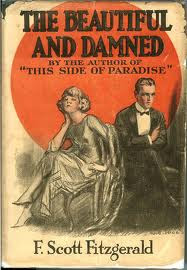
If you spent your twenties scuffling in the arts, there are many parts of this book which will make you laugh. Keith Gessen has been to this particular mountaintop, and you can tell. Here’s a character at a grocery store:
Others had coupons and carefully they held them, like counterfeiting experts, up to the items they hoped to save on, to make sure they were the ones. Mark never did. He had emptied himself of any attachment to specific foods. The only items he saw were the items already on sale. In this way, he kept his calm, he tried new foods, and he saved.
Or try this:
They kept a budget. At the beginning of the week they gave themselves seventy dollars for food and transport. Impossible? Basically impossible, yes, but not if you never go for ‘drinks’ at a bar, never walk into a restaurant, and never buy an item of clothing not at the Salvation Army on Spring Street and Lafayette.
Oh arts people! Come to my arms. I salute you.
There are three characters in this novel: Mark, Sam, and Keith, all of whom are sad young literary men. We follow them from college through their various attempts at literature: one is a frustrated graduate student, one a failed author, and one a political commentator. Not to worry to separate out these differences; though the book alternates between each of their stories, they are all basically the same person. I gave up worrying which was which, consigning this to the failed post-modern device category, and just enjoyed what there was to enjoy – and there’s a great deal of fun to be had: this is a very entertaining book.
It’s a really heartfelt account of the struggles of your twenties, and I found it both honest and amusing. It traces the kind of compromises almost everyone needs to make over the course of the years after university. One begins with bright-eyed and entirely misinformed naievete, and from that there is only one direction to go, and Gessen examines this painful entry into adulthood very well.
Gessen is almost precisely my age, and was in university in the US at almost precisely the same time as me, and reproduces a kind of people, and a world, with wonderful accuracy. Here he is on his drinking in university, and the effect it had on his love life:
Could not even think what to do upon meeting a girl the next day to whom I’d said too much. And so I pretended not to see her, or walked across the dining hall, so that a few months into my freshman year the range of women whom I had not encountered in a drunken stupor narrowed and narrowed until I was reduced to just getting drunk again and hoping someone would meet me halfway. I had done well with girls in high school, considering all my studying, and I was miffed by the new dispensation. At first I basically thought: what the fuck? And then I thought: You’ve got to be kidding me. And then I began to sort of think, Oh no.
All the men in the book date extensively and are very interested in women, and yet the women in the book are without exception fairly faceless, being largely props for more or less humiliating and half-hearted sexual experiences. They also, rather unsettlingly, are very much status objects. At one point, one of the men – who is in his thirties – dumps a 27 year old for being too old, and hooks up with someone just out of university. I am not sure I have any response to that. There is lots of hand-wringng. Try this:
Except every women he dated took a chunk of Mark with her. And vice versa. So that if you looked, if you walked around New York and looked properly, if you walked around America and looked properly, what you saw was a group of wandering disaggregated people, torn apart and carrying with them, in their hands, like supplicants, the pieces of flesh they’d won from others in their time. And who now would take them in?
At first I wondered if this was some sort of post-modern parody. But I have concluded that it is quite sincere. These sad young literary men need to get some therapy. Or else find some sad young literary women. Of appropriate ages.

